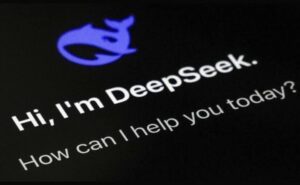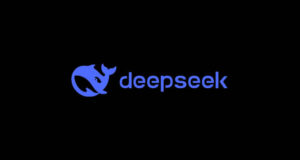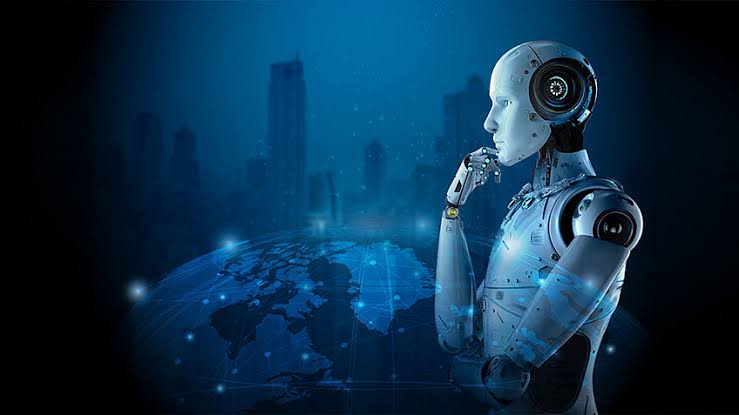A world like ours today is nothing without the use of artificial intelligence (AI), which brings the fear of uncertainty that in the years to come, the human race might be wiped off or told to relax while AI and robots roam the Earth. This was one of the fears of the late philosopher, Daniel Dennett, who was a vocal advocate for rationality and skepticism and also a harbinger of caution. Before his recent passing, Dennett shared insights with a popular news outlet about his concerns regarding AI and its potential impact on human civilization.
Dennett’s perspective on AI was not rooted in fear of a sentient takeover, but rather in the societal risks stemming from human vulnerabilities. He warned against the weaponization of knowledge, highlighting the danger of turning advanced technology into a tool for widespread misinformation and societal discord.
“If we turn this wonderful technology we have for knowledge into a weapon for disinformation,” Dennett cautioned, “we are in deep trouble.” He expressed concerns about the erosion of trust and the blurring of truth in a world inundated with misinformation.
Dennett’s philosophical musings extended beyond AI to questions about human consciousness and perception. In one of his thought experiments, “Where Am I?”, Dennett pondered the nature of identity and self-awareness by imagining himself as a brain in a vat, remotely controlling a body through radio transceivers.
The scenario challenged conventional notions of self and location, leading Dennett to question the reliability of personal experience in understanding the mind. He proposed that our sense of self is an evolved illusion, and that introspection alone cannot provide definitive insights into the workings of our minds.
Dennett advocated for a scientific approach to understanding human cognition, emphasizing the importance of studying minds other than our own. He believed in the power of rigorous skepticism to uncover truths about cognitive processes, challenging ingrained intuitions about consciousness and selfhood.
Turning to the realm of technology, Dennett’s insights take on new relevance in the age of generative AI. This technology has the ability to create remarkably convincing human-like simulations from vast datasets, blurring the lines between truth and fiction, identity and replication.
The impact of AI extends beyond philosophical inquiry to practical applications in industries like manufacturing and hospitality. Robots are increasingly replacing human workers in factories, performing tasks like product assembly and packaging with precision and efficiency. Major companies leverage robotic automation to streamline production processes and reduce labor costs.
For instance, leading manufacturers use robots to fill products into cartons and seal them before transport. This automation optimizes workflow, enhances quality control, and boosts overall productivity. Similarly, robots serve customers in restaurants, taking orders and delivering meals with speed and accuracy.
The integration of AI and robotics raises important questions about the future of work and human-machine collaboration. While automation offers undeniable benefits in terms of efficiency and cost-effectiveness, it also poses challenges related to job displacement and workforce reskilling.
So the question remains? Are robots about to take all our jobs from us? As AI continues to advance, it’s essential to approach its development and deployment with careful consideration of ethical, societal, and philosophical implications. The quest for technological progress must be tempered by an understanding of human values and the importance of preserving our shared humanity in an increasingly automated world.











